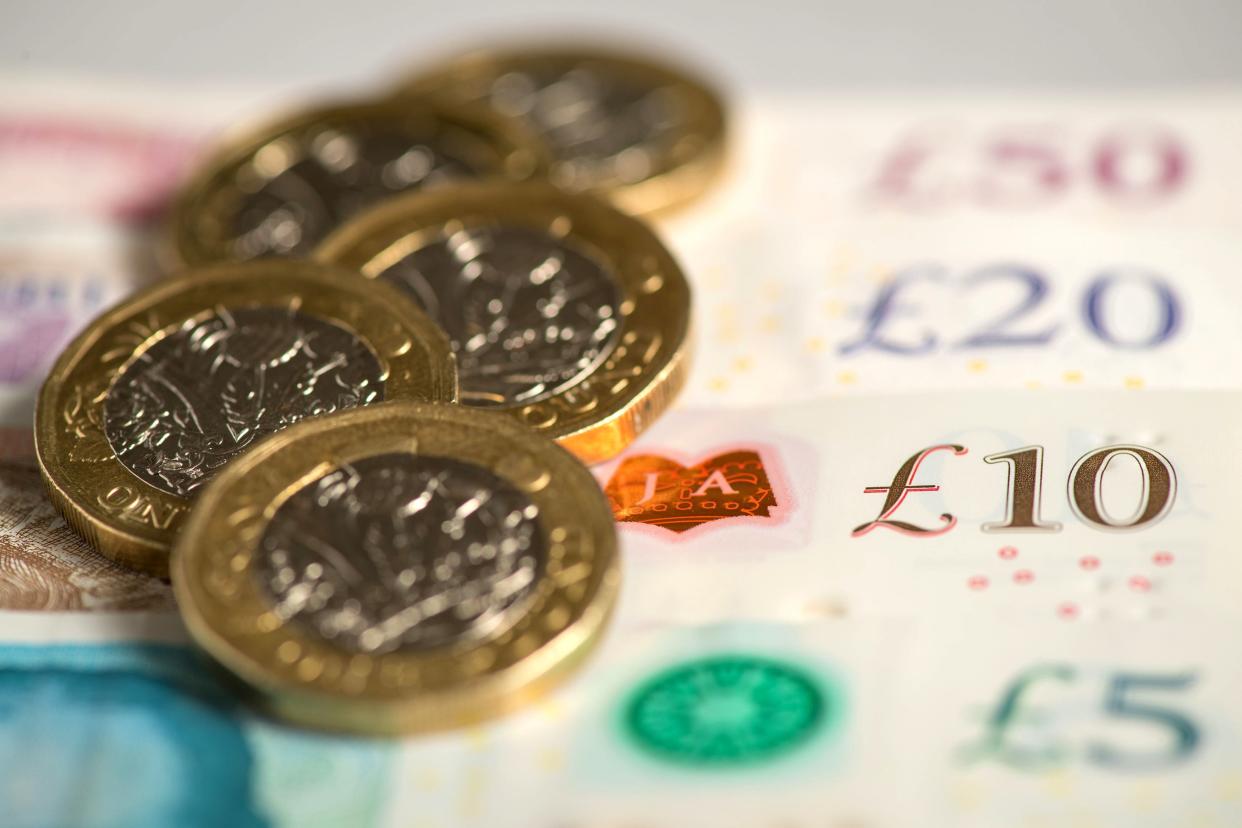Bank of England urged to investigate £50bn of ‘missing’ banknotes

The PAC said the Bank does not
(PA)" />
The Bank of England should investigate the mystery of around £50bn of “missing” banknotes, MPs have said.
The Public Accounts Committee (PAC) said does not know what most of the notes it issued are used for. Only around 20 per cent to 24 per cent of issued notes are used or held for cash transactions, according to the Bank’s estimate.
That leaves around £50bn are being used for other, unknown purposes. The Bank thinks they are being stashed away in homes for savings, being used abroad or for illegal activity.
The PAC said the Bank does not not “appear to have a convincing reason for why the demand for notes keeps increasing”. Just three in 10 transactions were cash last year, down from six in 10 a decade ago.
In September, the National Audit Office said that the Treasury, Bank of England, Royal Mint, the Financial Conduct Authority and Payments Systems Regulator need to coordinate more effectively so that people have access to cash.
These authorities have been behind slow to address the problems caused by fewer cash machines and bank branches and have failed to understand the impact vulnerable groups, particularly people in rural areas, the PAC said.
In the two years to January 2020, the number of cash machines fell 12 per cent and the coronavirus pandemic has further catalysed the shift towards electronic transactions.
The committee said there are implications for public policy and the public purse if a material proportion of the large volume of banknotes whose whereabouts or use are unknown are being used for illegal purposes.
Meg Hillier, chairwoman of the Public Accounts Committee, said: “In many areas where you can use cash you’d be hard pressed to find it, at least without paying an ATM fee that may be a substantial percentage of a small withdrawal – yet making frequent, small withdrawals can be a key budgeting tool for those on low incomes, and least able to afford those fees.
“Conversely, £50bn of sterling notes – or about three-quarters of this precious and dwindling supply – is stashed somewhere but the Bank of England doesn’t know where, who by or what for – and doesn't seem very curious.
“It needs to be more concerned about where the missing £50bn is.
“Depending where it is and what it's being used for, that amount of money could have material implications for public policy and the public purse. The Bank needs to get a better handle on the national currency it controls.”
The committee recommended that by January 2021, the Treasury and the Payment Systems Regulator should give an assessment of cash only being available from paid-for cash machines, or through Post Office counter withdrawals. They should also set out steps to ensure adequate access to free cash machines.
By the end of March at the latest, the Treasury should publish a clear plan of action, including draft legislation for securing access to cash across the UK.
The plan should include clear commitments, including spelling out what the regulators are expected to achieve, the committee said.
Read More


